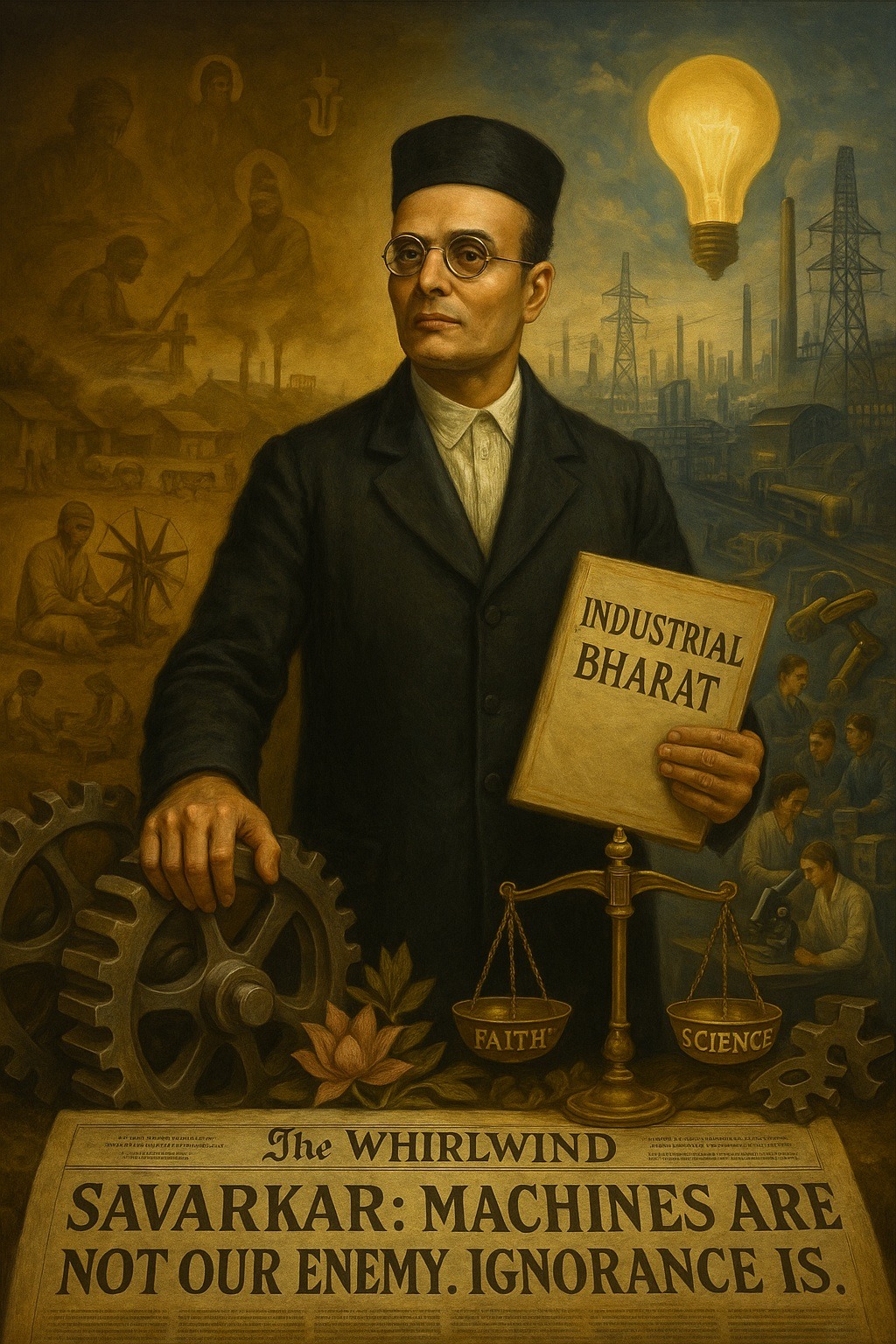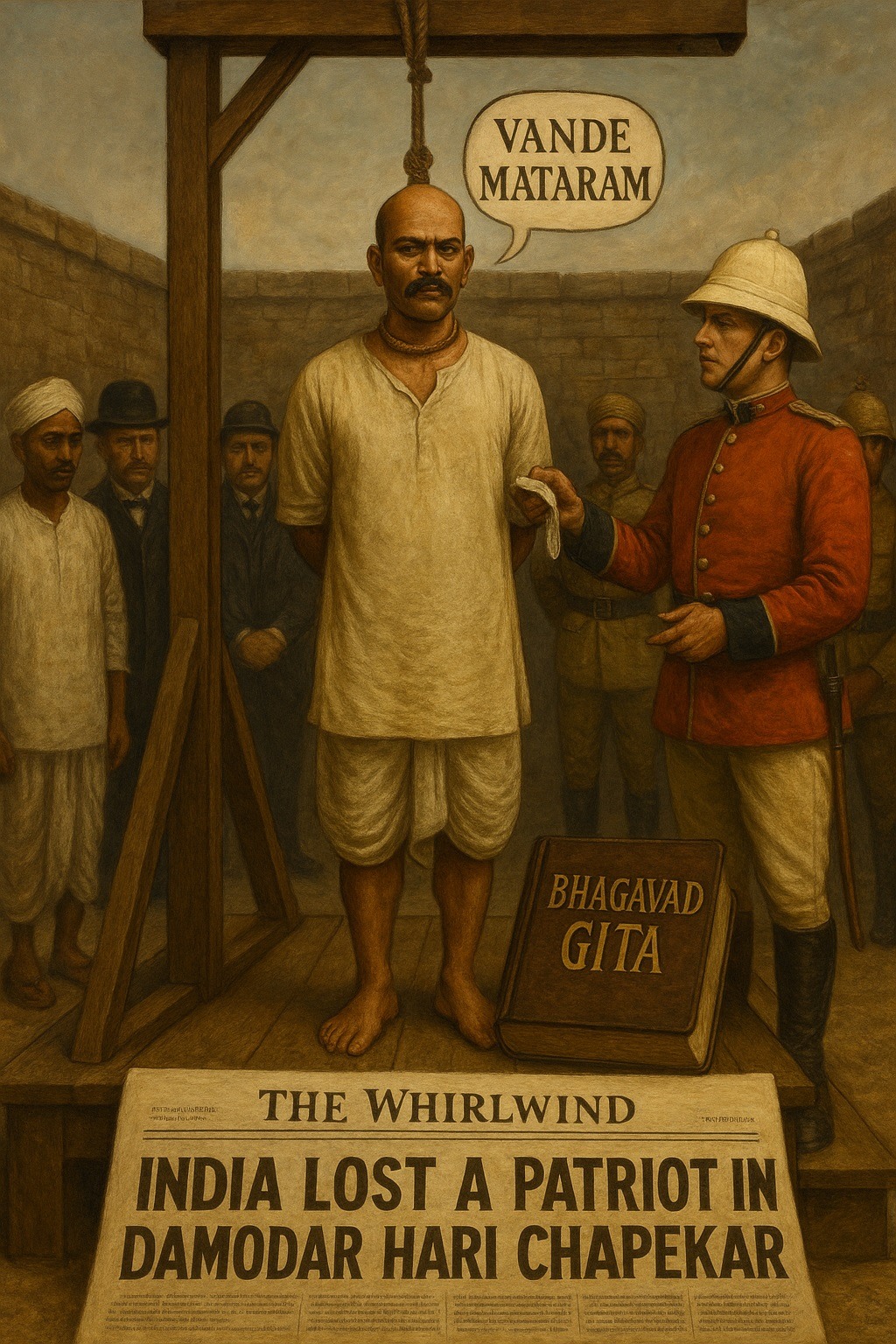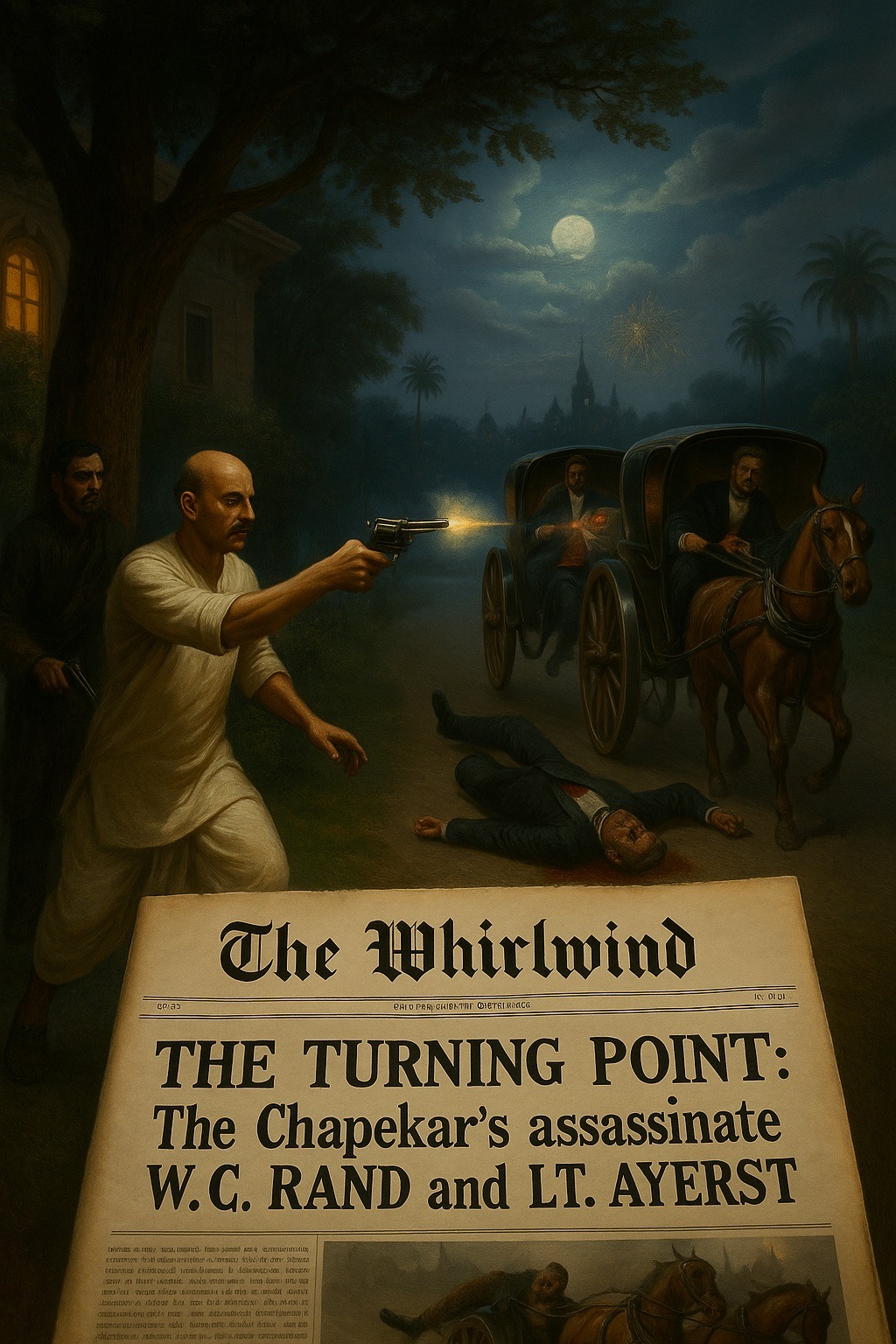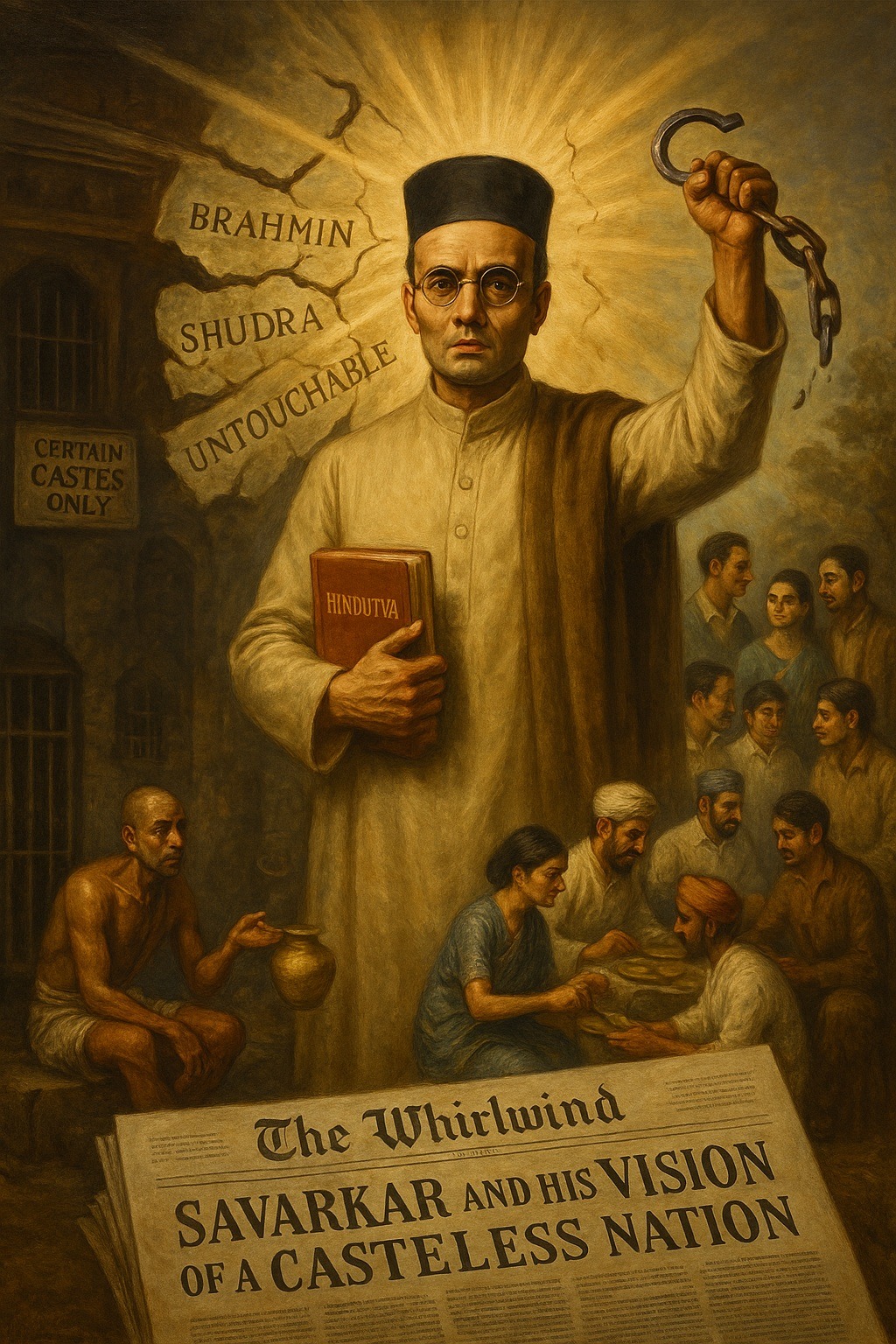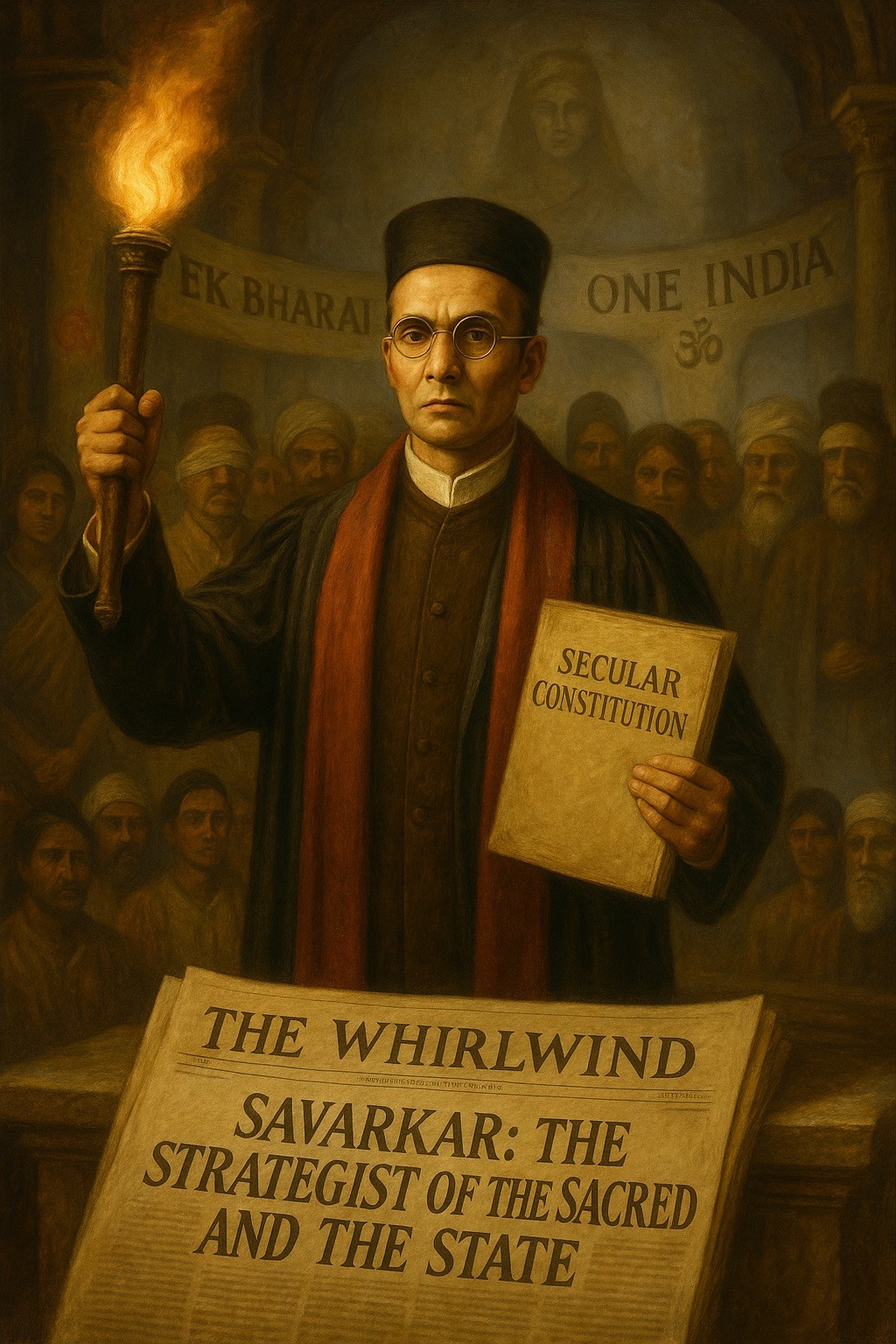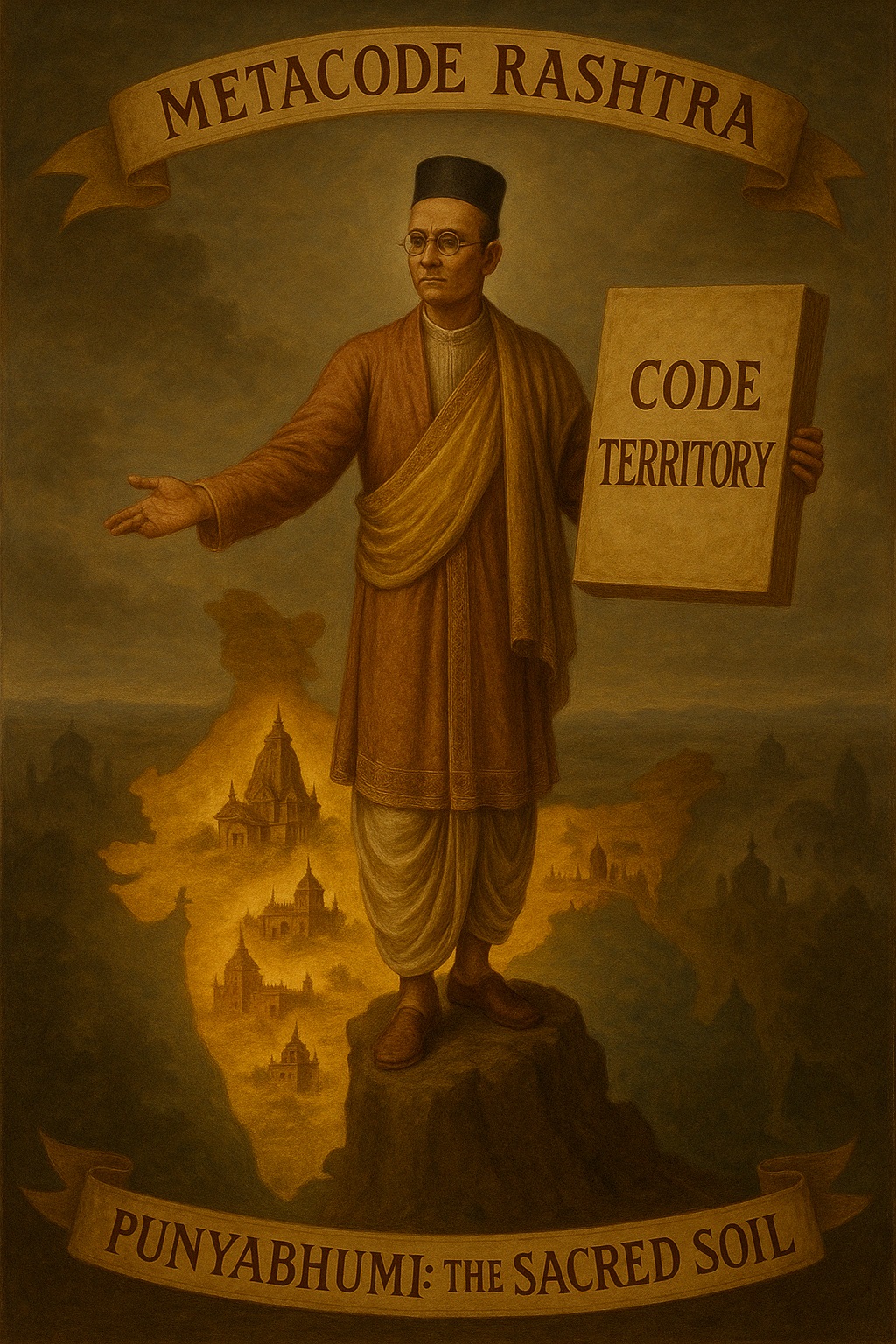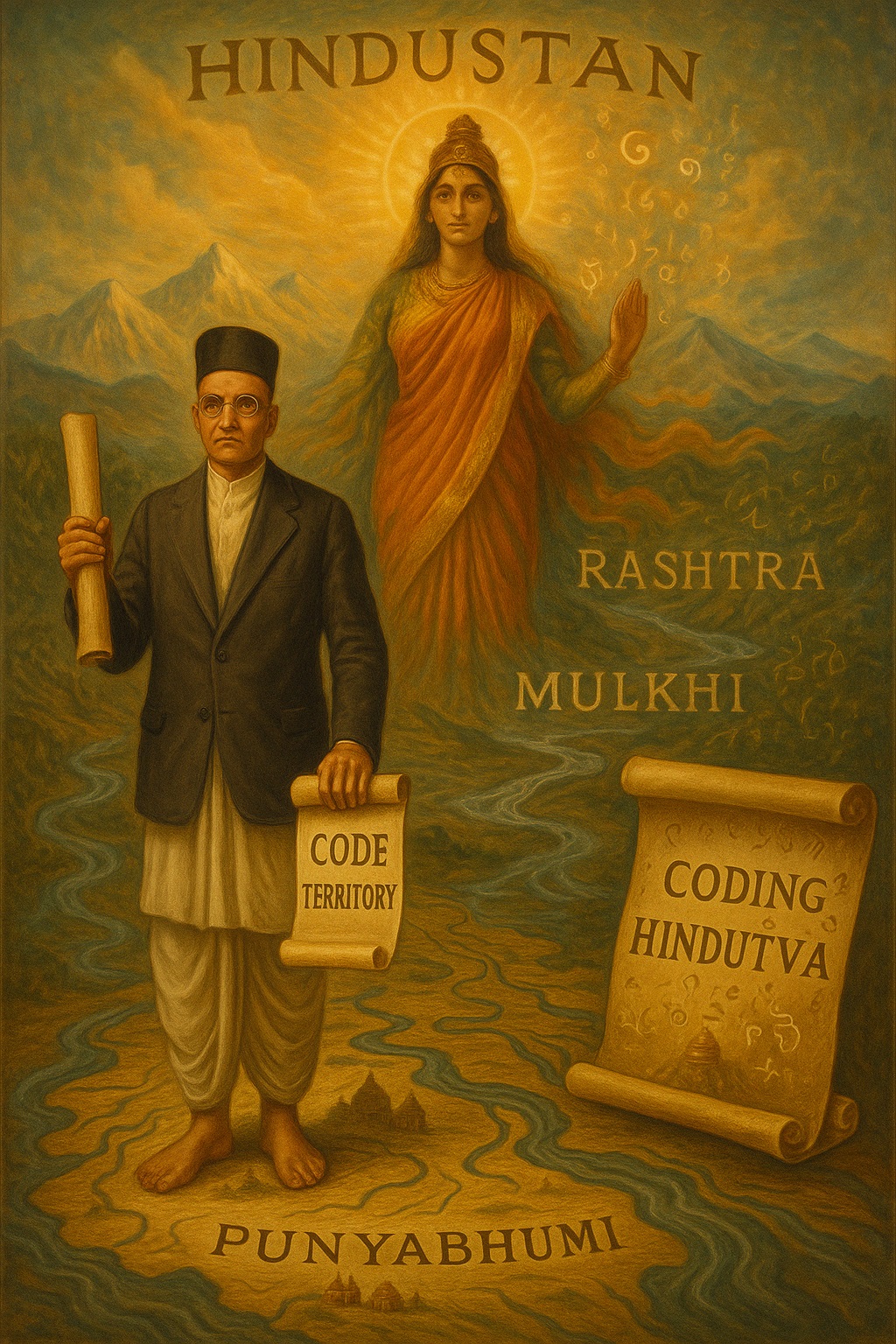Tag: Hindutva
-
Economic Dimension of Hindutva, Part 6; Savarkar’s Economic Principles (2/13) Vinayak Damodar (Veer) Savarkar was not just a political thinker and revolutionary; he was also a strong advocate for technological progress. At a time when Indian society was grappling with the impact of modernization, Savarkar made a passionate appeal to his compatriots to welcome the…
-
In 1899, deep within the narrow lanes of Tilbhandeshwar, a sixteen-year-old schoolboy named Vinayak Damodar (Veer) Savarkar was quietly rewriting the script of India’s freedom struggle. While the Indian National Congress (INC) still pursued petitions and reform, Savarkar envisioned something far more daring — a secret society devoted to armed revolution. That vision took shape…
-
In the closing years of the 19th century, when the Indian National Congress (INC) still placed its hopes in petitions and polite appeals, a young man from Chinchwad near Pune took a radically different path. Damodar Hari Chapekar became one of the first Indians in modern history to take up arms against British colonial authority…
-
Political Dimension of Hindutva, Part 6 The Concept of “Responsive Resistance” Vinayak Damodar Savarkar was deeply influenced by the idea of “Responsive Resistance,” a term coined by Bal Gangadhar Tilak. This concept proposed that Indian cooperation with British colonial rule should be directly proportional to the level of political reforms granted by the British. More…
-
Savarkar’s coding of Hindutva; Metacode Rashtra, Part 4; Code Territory (3/6) The concept of Punyabhumi, or “sacred land”, is central to Vinayak Damodar Savarkar’s definition of the Hindu Rashtra. While he acknowledges the geographical and territorial aspect of the nation (Pitribhu), he further elevates it by embedding a religious dimension, defining it as a “sacred…
-
Savarkar’s Coding of Hindutva, Metacode Rashtra, Part 3; Code Territory (2/6) Vinayak Damodar Savarkar’s ideological framework for Hindutva is deeply rooted in territorial delineation, a concept that is essential for political realism while seemingly contradictory to his broader worldview. His reflections on the nature of the Indian nation and its territorial boundaries stem from a…
-
Savarkar’s Coding of Hindutva; Metacode Rashtra, Part 2 ; Code Territory (1/6) In the complex tapestry of Hindutva, the concept of Rashtra, the shared land, more specifically the Code Territory, plays a pivotal role. It’s more than just a map; it’s the foundation upon which the idea of a unified Hindu identity is built. To…

